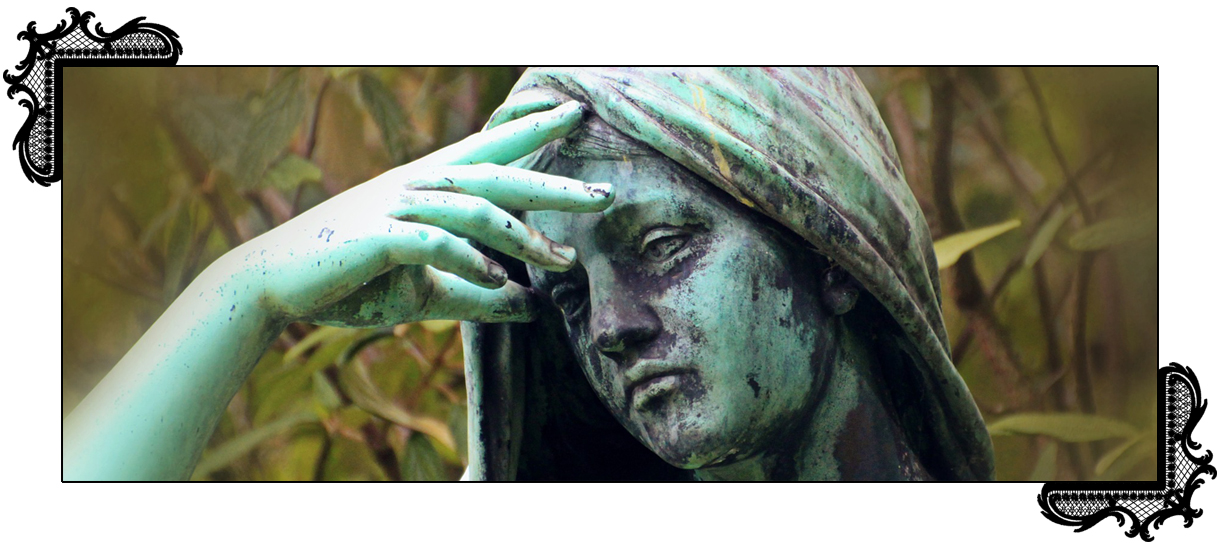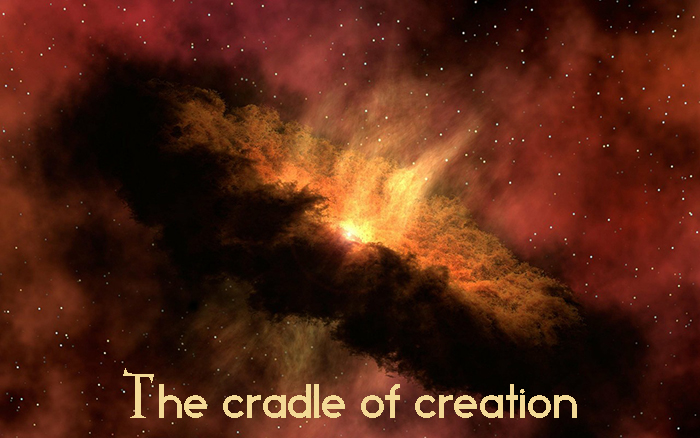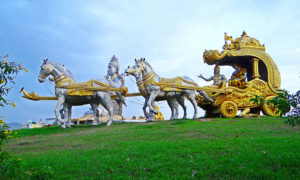
It is widely believed that people who have started their journey on the path of spirituality taste the happiness inside most of the time and remains so in every variation of situations.
This belief is true but not at the initial moments of our venture. Without tasting bitter, we cannot appreciate the sweetness. Our lives are designed with a complex form of network. At each and every moment we have to stand at the juncture of diversity; we can call as decisions.
Every decision we make changes the design and its corresponding result. These all happen within the limitations of our human nature which is unfortunately not enough to satisfy our wild imaginations.
Well, we can choose our living as a guy who spends his whole day working with files in some corner of an office. We can consider some who spends their day with skydiving, climbing mountains, exploring wilderness or take an underwater adventure.
The options are countless and it’s really possible that you take up one among these. The satisfaction is guaranteed when you consider your life to be limited by birth and death and these worldly escapades are the only achievable goals.
The dilemma of Arjuna
The problem arises when few of us struggles to go beyond the enclosure because due to some unknown reasons, they realize this visible world to be a confinement and our lives though seems to be free are actually in bondage in the hands of situations and time.
These two considerations of nature are the true factors which direct our lives and we are bound to follow the rules set by them. This also draws a corollary that there is some kind of super intelligence working behind the curtain which is designing our lives and our options and our relations with our surroundings.
The precursor

The viewable universe around us has basically originated from nowhere. In “Nasadiya Sukta” [10:129 Rigveda], it is documented by the ancient seers that in the beginning, there was neither nothingness nor existence. Something emerged from that darkness covered with darkness with a windless breath and eventually the fabric of time and space originated.
In the “Upanishads”, the revered sages depicted the origin in various ways but the central concept revolved around the same vision as illustrated in “Nasadiya Sukta”.
The “One” which evolved from nothingness gave rise to a whole new system of dancing and swirling energy. We often call this energy as “Maya”. Happiness and grief, Gratification and melancholy are all its shades with the help of which, it controls our minds.
In this world, we taste various flavors of emotions. These emotions at the subtle level percolates down to our mind or our astral body to be more accurate. Our thoughts, perceptions, and behaviors are all transformed according to these emotions and the reality becomes distorted. This distortion divides itself into a range of projections and our reality differs from person to person. Our mind is the playground of these understated pulses and we become a puppet even if we logically ascertain that this visible world is an illusion.
The result
In the Hindu scripture named “Gita”, Arjuna, who was the best archer of that age, a prince and the dearest friend of Lord Krishna (The manifested “Brahman”) seldom, got a chance to smile in his whole life.
It reflects the fact that even we have God as our companion; we are still a captive in the clutches of “Maya” or the supreme intelligence that governs this universe and we have to follow the design.
This spiritual text book has multiple facets. It has its literal meaning, philosophical insights, a social outlook, a political concept, a spiritual roadmap, an allegorical drama and so on.
“Gita” translates well when we take its allegorical meaning.
The Allegory

Arjuna is standing on his chariot, driven by Lord Krishna. He asked Him to drive the chariot and drive it to the middle of the battle field (Kurukshetra) where both of the groups of unparalleled warriors are standing in opposition.
This scene actually fits in our lives when we are at the critical moment of taking drastic decisions or we are helplessly standing in a situation; out of our control.
“Arjuna” saw his beloved relatives standing against him. Whatever the outcome of the war is, he is going to lose his nearest and dearest men. He trembled with fear of loss; His bow fell from his hands. He knelt down with deep morose and murmured about the futility of this war and its conclusion.

“Arjuna,” said, “by killing my own dearest family members, what use will kingdom, or luxuries, or even life be to us?
It is better to live my life as a hermit in a jungle than to take part in this ravaging battle. I do not covet victory, or kingdom or pleasures”.
If we only consider the mind of “Arjuna” and the turmoil’s inside it; we shall find him within us with the same kind of repercussions.
The metaphors
“Gita” starts with the melancholy of “Arjuna”. Arjuna is the representative of those people, who has an analytical mind which ponders over the questions that arise from daily conflicts.
We know that all queries and confusions of “Arjuna” were addressed by “Lord Krishna”. Later and finally Arjuna joins the battle and won by killing his foes where his revered and nearest relatives were a major part.
So, melancholy, at the first instance is not a sign of failure; but a light of hope which shows that, we are slowly getting acquainted with the truth of this world and in this journey of understanding the tapestry of life; we are opening our hearts to a greater knowledge which will uplift our consciousness to the apex.
Lastly, there are few people who really smile in every situation because they might have understood the fabric of natures design and ultimately still their minds on the fact that whatever the situations may be; it will pass with time and whatever the bindings are there, they will be released.
The stage is temporary, our parts are short, our acts are designed, our attachments are fragile but our existence is eternal.
Let us take our melancholy as an inner gateway to enter into the ecstatic state of self-realization; awaiting.

